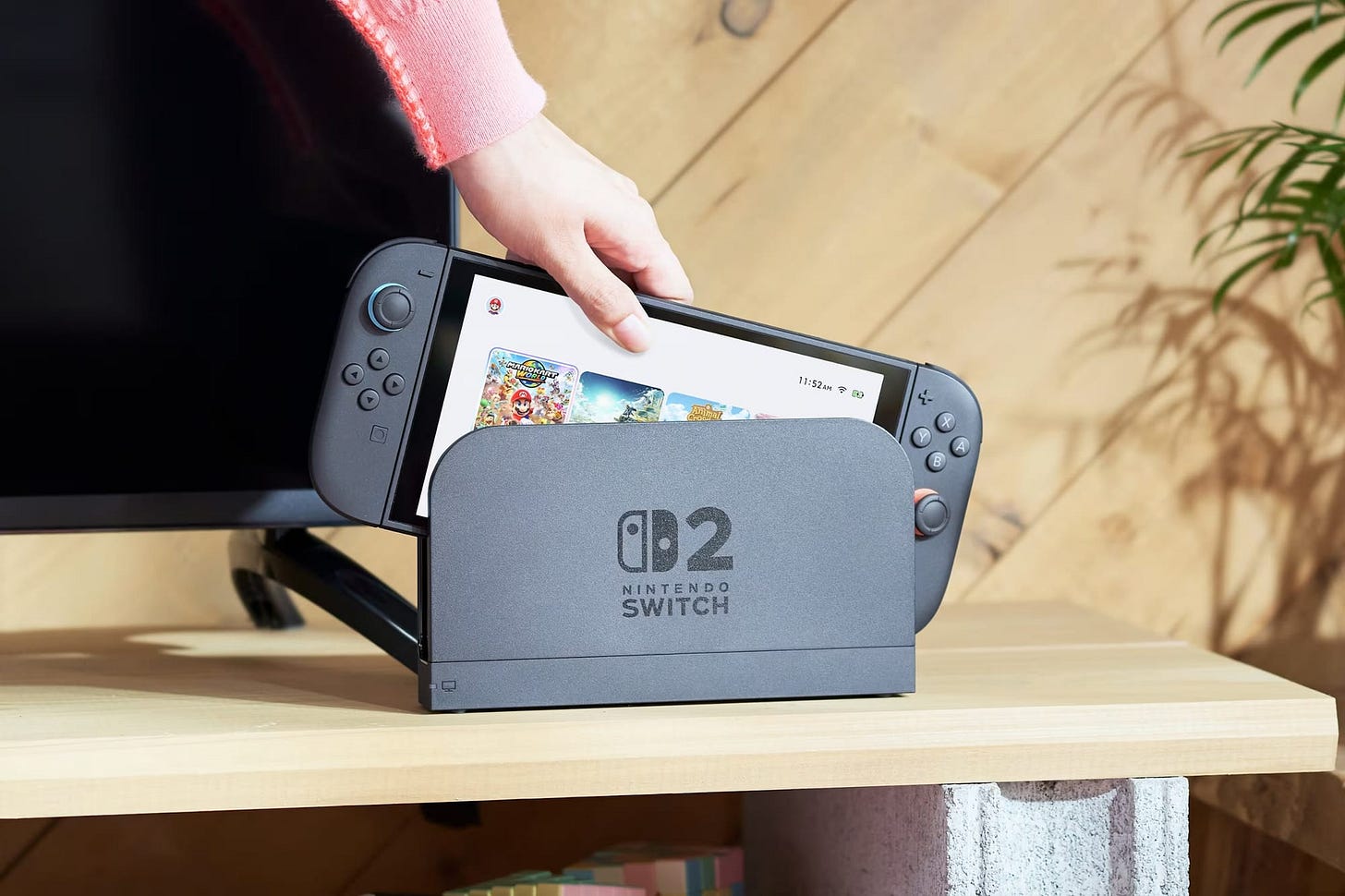Explainer: Gaming’s great price correction. Why it’s suddenly getting so expensive to game
Delving into the economics and data behind the recent price push.

Sony arguably fired the first salvo. Late last year, it launched the PlayStation 5 Pro with a $1,200 ($699 USD) price tag. This represented a hike of over $450 from the base model, with the promise of improved graphics and performance, but no disc drive. Essentially confining would-be buyers to either purchasing their own or relying on Sony's more expensive online store.
The internet recoiled at the price, but Sony's sales tell another story. In its Q3 last year (over the holiday period), the company had its best quarter yet for PlayStation 5 sales. Sony did not break out PlayStation 5 Pro in its results, but its overall console sales infer a bump in units shipped.
Fast forward to last week, Nintendo has now followed suit. The long-anticipated Switch 2 will launch at $699 ($450 USD), with a bundle containing the hotly anticipated Mario Kart World coming in at $749 ($…
Keep reading with a 7-day free trial
Subscribe to Infinite Lives to keep reading this post and get 7 days of free access to the full post archives.



